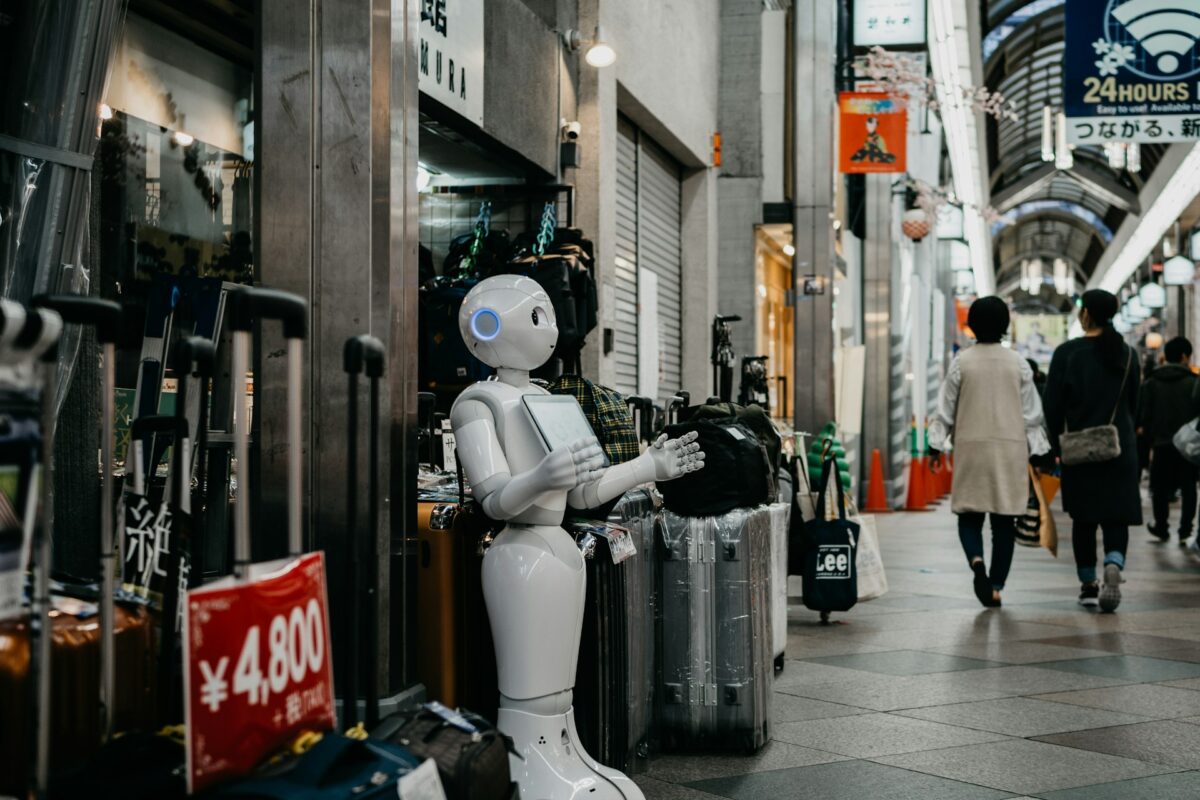Sam Altman: You Will Be “Dissappointed”

There is no doubt that AI has made huge waves in both culture and in the business world. But what will AI change in near future?
Sam Altman, the CEO of OpenAI, has offered his perspective on concerns surrounding the potential disruptive power of artificial intelligence (AI). He believes that these concerns are exaggerated and that AI’s transformative impact on the world and employment opportunities will be less dramatic than anticipated.
Speaking at an event organized by Bloomberg at the World Economic Forum in Davos, Switzerland, Altman specifically focused on the concept of artificial general intelligence (AGI). AGI refers to a form of AI capable of performing tasks at the same level as, or even surpassing, human abilities. Altman expressed the belief that AGI could be developed in the “reasonably close-ish future.”
OpenAI, known for its ChatGPT chatbot, which gained widespread attention upon its public launch in late 2022, has actively sought to temper concerns from AI skeptics regarding the extent to which AI technology will reshape society.
Prior to the introduction of OpenAI’s GPT-4 model in March, Altman cautioned technologists against becoming overly excited about its potential, predicting that people would likely end up “disappointed” with it. He emphasized that while expectations for artificial general intelligence are high, it has not yet been realized.
Founded in 2015, OpenAI’s primary mission is to achieve AGI. The company, with substantial backing from Microsoft and a private market valuation nearing $100 billion, is committed to developing AI technology responsibly and safely.
Altman also addressed concerns about AI’s potential to exacerbate economic inequalities and displace the working class, especially in the context of presidential elections. He acknowledged these concerns but believes that AI should be seen more as a tool than a disruptive force.
According to Altman, AI has not yet replaced jobs on the scale feared by many economists. Moreover, he noted that AI technology is increasingly becoming a valuable tool for enhancing productivity in various sectors.
Altman’s brief removal from OpenAI in November, driven by concerns about AI safety and his leadership, was followed by a swift reinstatement as CEO, sparked by strong opposition from OpenAI employees and investors. Microsoft also gained a nonvoting board observer seat at OpenAI upon his return, whereas before they had none.